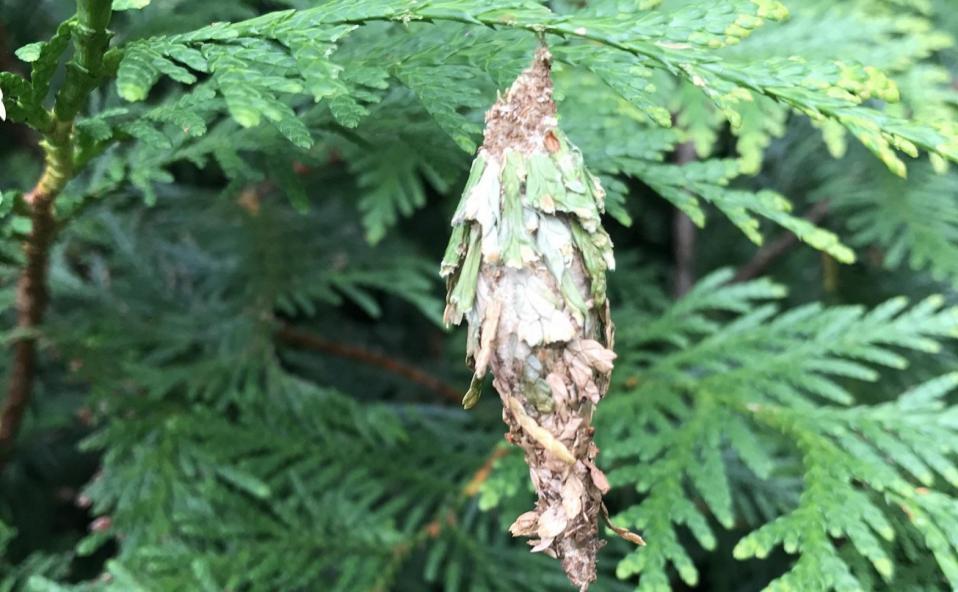After almost an entire year of quarantining, it is a great time to pause and reflect on last year’s gardening success and failures. Here are some simple easy tips to help get your mind and garden ready for the upcoming growing season.
- Do not handle the hairy poison ivy vines wrapped around trees. Be aware that the offending oil of poison ivy, urushiol, is active and can produce symptoms during any time of the year. Be very careful not to bring firewood into the house with poison ivy vines attached
- Heavy snow and ice loads can damage shrubs. Using an upward motion, gently sweep snow loads off shrubs to prevent breakage. However, oftentimes bent or weighed down branches will spring back after the snow/ice melts.
- Order fruit plants from mail-order companies in January and February for early spring planting. Refer to our small and tree fruit sections on the website.
- Decide on a good site for a new vegetable garden: sunny, level, access to water.
- Make a garden plan. Put your plan in a notebook or garden journal and start recording ideas, notes from reading, or websites.
- Purchase a high-low thermometer, to track weather patterns throughout the year.
- Order catalogs and seeds, especially if you want to start slow-growing, unusual, or heirloom varieties indoors under lights. (See HG #70 “Recommended Vegetable Cultivars for Maryland Home Gardens”- on the Grow It Eat It website).
- Test viability of saved or leftover seeds by placing 20 on a moist paper towel; roll up and put in a perforated plastic bag. Set bag on top of the refrigerator; in 7 days, count sprouted seeds. If less than 70 percent, toss out and buy new seed.
- Be sure to clean your bird feeders once every two weeks or more often if seeds get wet or if sick birds visit your feeder. Dirty feeders can spread disease, and spoiled seeds can make birds sick.
- Bird’s remember-feeding them regularly brings them back. Provide high-fat feed during the winter.
- Birds are thirsty. Clean your birdbaths regularly. Even during winter, birds need a reliable source of freshwater.
- Recycle your Christmas tree. Recycled Christmas trees can be used for mulch, soil erosion barriers and many other environmentally friendly uses. Click on the links below to find out how your county recycles Christmas trees. https://mde.maryland.gov/programs/Marylander/Pages/ChristmasTreeRecycling.aspx

Bagworm (Photo credit: Rachel J. Rhodes)–Remove and destroy bagworm bags from affected trees especially if seen on evergreens.
Indoor Plant and Insect Tips
- Be careful not to overwater houseplants. Most houseplants should be watered only when the top of the growing medium begins to dry out.
- Cut back or stop fertilizing houseplants unless they are grown under supplemental lighting.
- Did you receive amaryllis for the holidays? Keep it in a sunny window. After it is done flowering, the plant will produce leaves and with proper care can rebloom.
- Indoor herb plants benefit from daily misting and full sun windows.
- Avoid the temptation to start seeds too early. Check seed packets for detailed information on starting various types of flowers. Do not depend on windowsill light to grow these seedlings. Refer to our instructions on starting seeds indoors.
- Indian meal moths are a common problem of grains and grain products, cereals, birdseeds, dried pet food, etc. You may see adult moths flying, larvae crawling, or webbing. Always check bulk foods before purchasing for signs of meal moth infestation.
- Don’t store firewood inside your home. Only bring in enough to burn at one time. Bark and other wood-boring beetles may emerge inside the home.



Write a Letter to the Editor on this Article
We encourage readers to offer their point of view on this article by submitting the following form. Editing is sometimes necessary and is done at the discretion of the editorial staff.